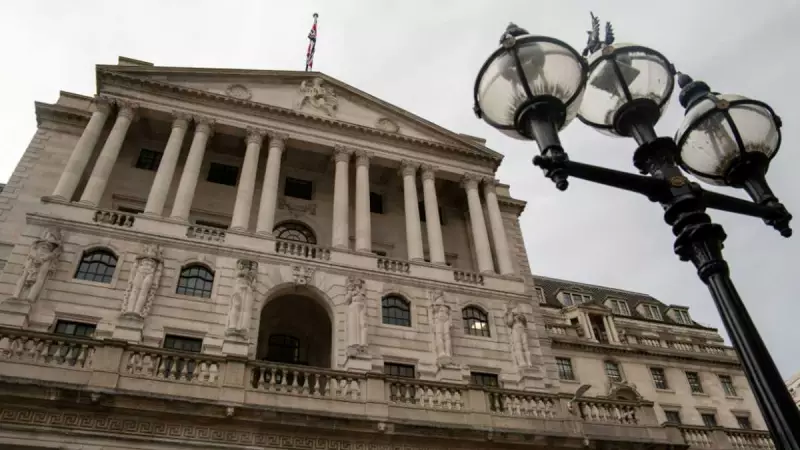
The Bank of England has decided to maintain its current interest rate at 5.25%, marking the fifth consecutive meeting where rates have remained unchanged. This decision comes as the central bank continues its battle against persistent inflation while navigating economic uncertainties.
Monetary Policy Committee's Stance
The Monetary Policy Committee (MPC) voted 8-1 to keep the benchmark rate steady, with one member advocating for a reduction. This conservative approach reflects the Bank's ongoing concern about inflation levels that continue to exceed their 2% target.
Economic Context and Inflation Concerns
Despite recent declines, UK inflation remains stubbornly high, currently sitting at 3.2% - significantly above the Bank's target. The MPC emphasized that they need to see more convincing evidence that inflation is moving sustainably toward their goal before considering any rate cuts.
Impact on Consumers and Businesses
The decision means:
- Mortgage holders will continue facing higher repayment costs
- Savers can still benefit from relatively high interest rates on deposits
- Businesses will maintain current borrowing costs for investments
- Consumer spending may remain constrained due to higher credit costs
Future Outlook and Market Expectations
Financial markets are now anticipating potential rate cuts later in the year, possibly as early as August. However, the Bank has emphasized that any future decisions will be data-dependent, focusing particularly on:
- Services inflation trends
- Wage growth patterns
- Overall economic growth indicators
Broader Economic Implications
The Bank's cautious approach reflects the delicate balancing act between controlling inflation and supporting economic growth. With the UK economy showing signs of recovery but still facing headwinds, the MPC's decision underscores their commitment to price stability as the primary objective.
Economists suggest that this steady-handed approach provides certainty to markets while allowing the Bank flexibility to respond to changing economic conditions in the coming months.





